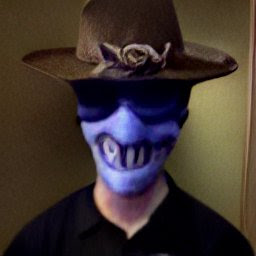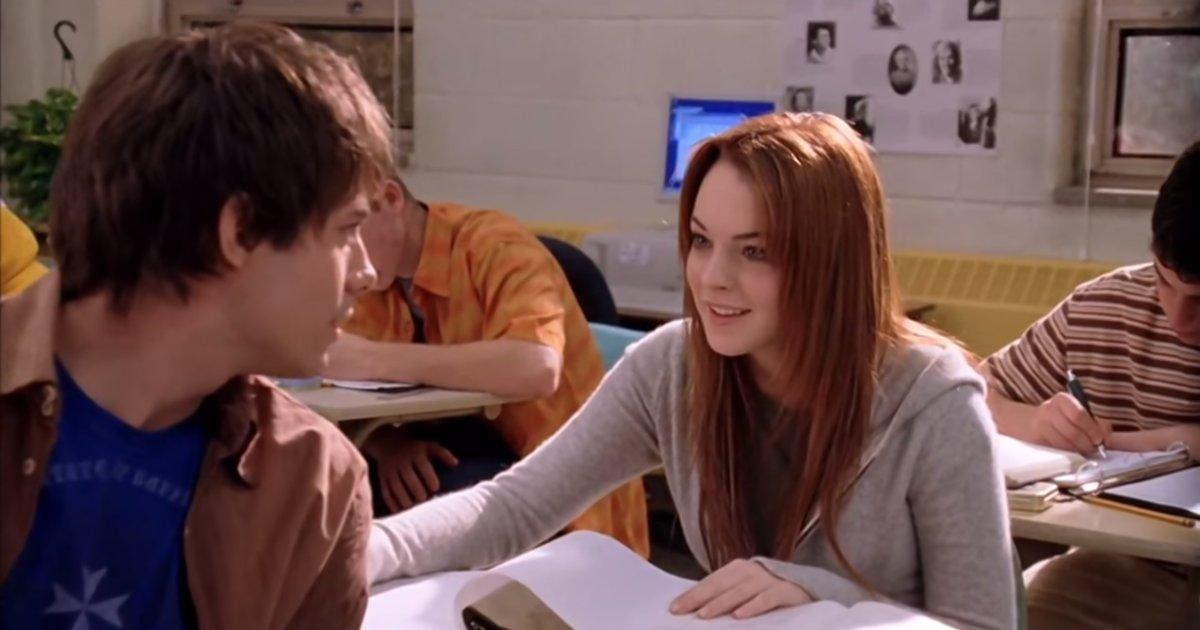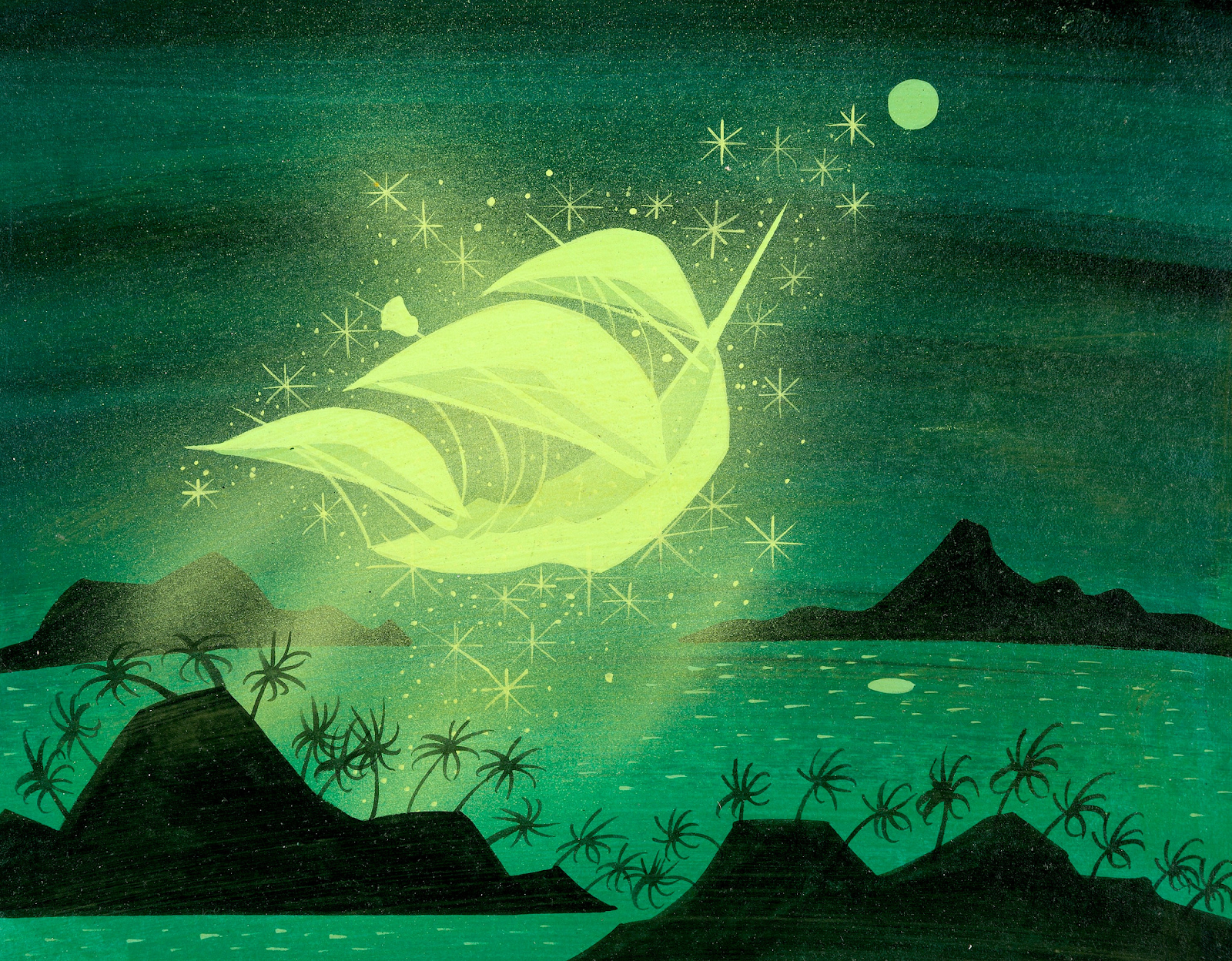“G-d needs us to believe in Him,” Rev. Vince extols us, “just like you need someone to believe in you.”
Just as the music drops in, he one-ups himself: “Just like I need you to believe in me,” and on the turn of a dime, he’s no longer preaching, he’s singing, he’s giving us deep-throated growls and can-you-say-hallelujahs.
We are in a biker bar called the Black Coffin, and we have been brought here by my summer landlord, Yoily, a Hasid in dress at least. Tonight, though, he is getting down with a Venus de Milo-like woman of some sort of island extraction — an island that could be any island in the world, really — just about five feet tall and at least that in diameter.
But that doesn’t make him any less of a Hasid, in his own estimation at least. Four shots in, he’s spending most of my month’s rent on the nicest whisky in the house, and it’s loosening him up.
Not that he needed any loosening. I remember once in a lecture being told by a rabbi that we wear the clothes we wear, black pants white shirt, as a sort of uniform, to keep us in line and to keep us from acting immodest or unbecoming. When you look like a Jew, you act like a Jew. For Yoily, who goes to the dance clubs almost every night, these clothes free him from any sort of social norm or expectation. Those clothes, that hair, he’s basically an alien. People assume he’s either a dangerous sex pervert or a kid who’s run away, Amish-style, for a single strange night in the town, looking for a crazy adventure in that American Graffiti vein, or maybe just in that The Hangover vein, he’ll have a dance, do some drugs, have a ’70s-music-filled-montage, have a half-awake conversation with a girl whom in a different state of consciousness he might have shared a kiss or something more, rolled into bed at 5:00 in the morning only to awake a few hours later, a little tired and beleaguered but ready to lapse back into his normal life.
But, no: This is Yoily. He’s never gonna wake up.
He dances harder. The woman gives a loud whoop, so showy and flamboyant it feels like she’s faking, but so fake it’s real. Yoily whoops back, even louder, even realer, and he grabs a piece of her stomach. I turn away, embarrassed to be a part of it, embarrassed to be there at all.
**
It’s been a cool night, a hot night. One of those wild summers in Brooklyn where by day the sidewalks are hot enough to give you first-degree burns and you find yourself checking with strangers on the street if they’ve had enough water. At midnight the air is still bubbling over 100. The people in the bar are sweating and thirsty, it makes them drink more, which makes them wilder still.
Rev. Vince feels it. He feeds off it, hungry for energy. He bangs the keys twice as hard, forcing the drummer to play twice as fast. The band can barely keep up.
The audience is having no problem, though. Our feet can stomp in time with whatever Rev. Vince plays. We need him as much as he needs us.
Tonight he plays fierce, sharp staccato chords at the high end and low end of his organ, one song after another. Then finally, he breaks so fast the rest of his band is thrown off track. The bass is still shaking, the unwilling bassist having struck one note after the rest of the band pulled to a stop, and the string trembles with the weight of every ear in the room.
Then he speaks. His voice is the only thing in our ears, the only sound in the universe.
“How you all doin’ tonight?”
The answer is a single lusty many-voiced yell.
“I can feel the L-rd here, can you feel Him?”
Harder cheers, louder cheers. Hands in the air, we are pouring ourselves into him.
“We gotta praise His name, give Him whatever we have! If you got spirit, give Him some spirit. If you got happiness, you got to share that happiness. Even if you got money, you gotta spread it around. You go on and tell me, is anybody here rich?”
A lone bro whistles from the back. A few heads turn toward us, to the Jews, but nobody says anything. In the rest of the bar it is utterly silent, except for the Rev.
“Hey friends, I’m not pokin’ fun at anyone. There’s no need to be ashamed. Whatever you are, that’s the way the L-rd made you. And the L-rd’s got gifts for all of us. Some of us are smart. Some are wise. Some are physically gifted — gifted in the face or the body,” he reaches down, hands cupping the overhanging bottom curvature of his own stomach to jiggle his own, and here the band starts to play again, soft, like the very instruments are whispering, “others are skilled with their words, or their charm, or even their music.”
His hands sink to the keys of the organ, and he jumps back in, and his voice climbs ever louder.
“So friends, what I’m askin’ is, who’s ready to accept G-d’s gifts? Who wants to be rich?”
“I DO!” shrills a voice next to me, and two white-sleeved arms shoot in the air and it’s Yoily, throwing his head back, tossing his beard into the air, shrieking with wild abandon.
The music tumbles back into full force and Yoily starts to dance, and then so does everyone else, and in the moment it’s forgotten by all concerned. Only it’s not forgotten by Yoily, who was a good deal less drunk that night than I’d thought, or maybe he’d just never stopped being drunk, because Wednesday next the big lottery winner gets called, enough cash to never work another day in your life, and not only has Yoily actually had the forethought to buy a lottery ticket, he’s got all six matching numbers.
Now, there’s such a thing as coincidence in this world. G-d stopped sending us prophets, and there’s no longer a Temple to bring the holy offerings, so we got to make do with what we do. G-d’s Hand is still at it, but in a concealed way, and you don’t often see miracles granted as obvious as Yoily.
Right away he stopped going out at night. Started wearing his black hat again, never being seen without a jacket, or outside the neighborhood, or in bars, Least of all a bar where a licensed minister plays organ every Tuesday night.
Once I passed him on the street, asked him about it. He scowled and couldn’t say Rev. Vince’s name without spitting. “That goy?” he said. “All he wants to do is turn Yidden into sinners, one forbidden dance at a time.”
But on Shabbos I wound up at his house — since the lottery, he’d given himself to buying tons of food from the store, paying a shiksa to prepare it all, and inviting over whatever single or divorced or displaced men to feast with a good hot lunch. He’d had too much to drink, or not enough. And he threw a sweaty arm around me and told me why he’d stopped following the rest of us to Rev. Vince.
“I’d be back there in a second if I hadn’t won,” he said to me, his voice warm and cavelike in my ear. “What he did was, he took away the uncertainty. If all you need to do to believe is to get handed a miracle, what good does it do? I wouldn’t have to believe on my own, I wouldn’t have to shout and cheer and scream like an animal, I wouldn’t dance with the fat shiksas because I’d know that G-d was right there, ready to throw a lightning bolt in my face. The second you don’t need to believe anymore, what are you? You’re an angel. You’re a robot. All you do is G-d’s work, because there’s nothing else you can do.”
He says more, but I don’t hear it, because he unfixes his arm from my shoulders and slinks off, still talking. I don’t need to hear it. I don’t want to. I’ve still got my Saturday night dances, and I wouldn’t trade them for the world.
The Rev. Vince is loosely, but not entirely, modeled after Reverend Vince Anderson & the Love Choir. You should think of it as fan fiction. You can find out about the real one here and listen to here and, whoa!, he has live shows every Monday night here. We should go.























